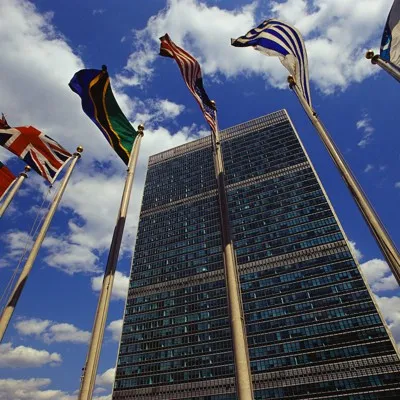United Nations Adopts New Cybercrime Convention: Implications and Controversies

UN Cybercrime Convention Overview
Recently, the United Nations voted to adopt a new cybercrime convention that mandates compliance from all member states. This decision has ignited extensive debate regarding its implications.
Concerns Raised by Civil Society
- Data privacy risks are at the forefront of the criticism.
- Civil society groups argue that the treaty may undermine personal freedoms.
- The possibility of increased surveillance is a major concern.
Purpose of the Treaty
The primary aim of the treaty is to enhance global cooperation in tackling cybercrime. However, critics question the adequacy of safeguards for individual rights.
Conclusion
As the UN treaty moves into implementation, the ongoing discourse between addressing cybersecurity threats and preserving data privacy will be crucial.
This article was prepared using information from open sources in accordance with the principles of Ethical Policy. The editorial team is not responsible for absolute accuracy, as it relies on data from the sources referenced.